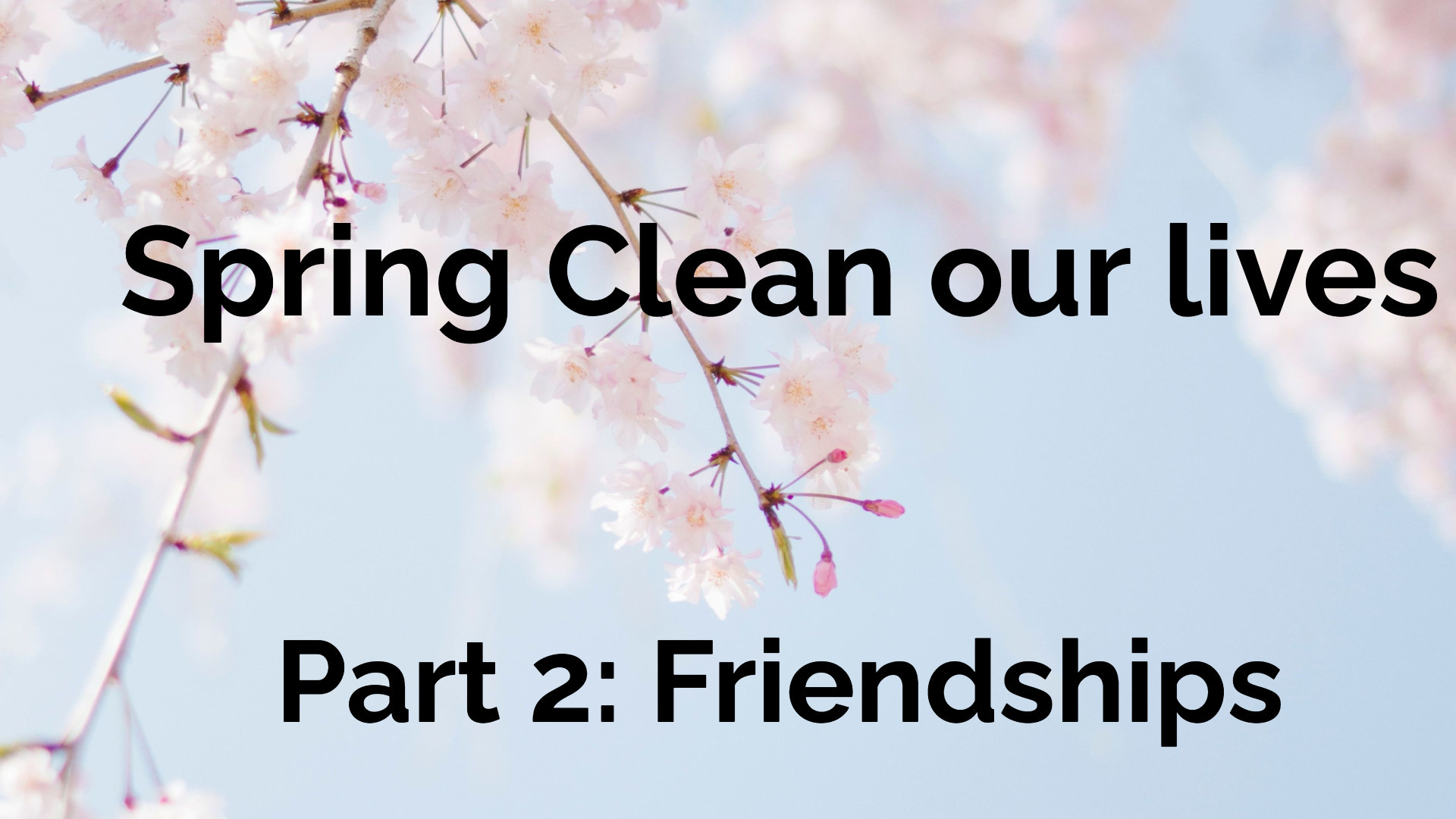Conversation skills are getting lost as people spend more time texting each other rather than talking to each other. There’s a great TED talk by Celeste Headline, well worth spending the 15 minutes listening; I’ve noted the 10 key points below
Bill Nye: “Everyone you will ever meet knows something that you don’t.” I put it this way: Everybody is an expert in something.
Number one: Don’t multitask. And I don’t mean just set down your cell phone or your tablet or your car keys or whatever is in your hand. I mean, be present. Be in that moment. Don’t think about your argument you had with your boss. Don’t think about what you’re going to have for dinner. If you want to get out of the conversation, get out of the conversation, but don’t be half in it and half out of it.
Number two: Don’t pontificate. If you want to state your opinion without any opportunity for response or argument or pushback or growth, write a blog.
Number three: Use open-ended questions. In this case, take a cue from journalists.
Start your questions with who, what, when, where, why or how.
If you put in a complicated question, you’re going to get a simple answer out. If I ask you, “Were you terrified?” you’re going to respond to the most powerful word in that sentence, which is “terrified,” and the answer is “Yes, I was” or “No, I wasn’t.” “Were you angry?” “Yes, I was very angry.” Let them describe it. They’re the ones that know.
Try asking them things like, “What was that like?” “How did that feel?”
Because then they might have to stop for a moment and think about it, and you’re going to get a much more interesting response.
Number four: Go with the flow. That means thoughts will come into your mind and you need to let them go out of your mind. We’ve heard interviews often in which a guest is talking for several minutes and then the host comes back in and asks a question which seems like it comes out of nowhere, or it’s already been answered. That means the host probably stopped listening two minutes ago because he thought of this really clever question, and he was just bound and determined to say that. And we do the exact same thing. We’re sitting there having a conversation with someone, and then we remember that time that we met Hugh Jackman in a coffee shop.
Number five: If you don’t know, say that you don’t know. Now, people on the radio, especially on NPR, are much more aware that they’re going on the record, and so they’re more careful about what they claim to be an expert in and what they claim to know for sure. Do that. Err on the side of caution. Talk should not be cheap.
Number six: Don’t equate your experience with theirs. If they’re talking about having lost a family member, don’t start talking about the time you lost a family member. If they’re talking about the trouble they’re having at work, don’t tell them about how much you hate your job. It’s not the same. It is never the same. All experiences are individual. And, more importantly, it is not about you. You don’t need to take that moment to prove how amazing you are or how much you’ve suffered. Somebody asked Stephen Hawking once what his IQ was, and he said, “I have no idea. People who brag about their IQs are losers.”
Conversations are not a promotional opportunity.
Number seven: Try not to repeat yourself. It’s condescending, and it’s really boring, and we tend to do it a lot. Especially in work conversations or in conversations with our kids, we have a point to make, so we just keep rephrasing it over and over. Don’t do that.
Number eight: Stay out of the weeds. Frankly, people don’t care about the years, the names, the dates, all those details that you’re struggling to come up with in your mind. They don’t care. What they care about is you. They care about what you’re like, what you have in common. So forget the details. Leave them out.
Number nine: This is not the last one, but it is the most important one. Listen. I cannot tell you how many really important people have said that listening is perhaps the most, the number one most important skill that you could develop. Buddha said, and I’m paraphrasing, “If your mouth is open, you’re not learning.” And Calvin Coolidge said, “No man ever listened his way out of a job.”
Why do we not listen to each other? Number one, we’d rather talk. When I’m talking, I’m in control. I don’t have to hear anything I’m not interested in. I’m the center of attention. I can bolster my own identity.
But there’s another reason: We get distracted.
The average person talks at about 225 word per minute, but we can listen at up to 500 words per minute. So, our minds are filling in those other 275 words. And look,
I know, it takes effort and energy to actually pay attention to someone, but if you can’t do that, you’re not in a conversation. You’re just two people shouting out barely related sentences in the same place.
You have to listen to one another. Stephen Covey said it very beautifully. He said, “Most of us don’t listen with the intent to understand. We listen with the intent to reply.”
One more rule, number 10, and it’s this one: Be brief.
All of this boils down to the same basic concept, and it is this one: Be interested in other people.
Image by Anastasia Gepp from Pixabay





